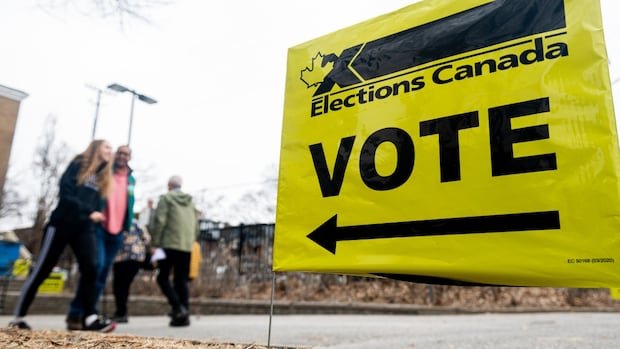Advance voting has started for the historic federal byelection in Alberta’s Battle River-Crowfoot, with Elections Canada introducing a new process where voters must complete a blank ballot. The byelection was triggered by Prime Minister Mark Carney in June when Conservative Damien Kurek stepped down to make way for Conservative Leader Pierre Poilievre, who lost his Ottawa seat in Carleton.
This byelection boasts a record-breaking 214 candidates, the largest number in Canadian federal election history. Notable candidates include Poilievre, Liberal candidate Darcy Spady, NDP candidate Katherine Swampy, Jonathan Bridges of the People’s Party of Canada, Ashley MacDonald of the Green Party, and independent candidate Bonnie Critchley. Advance polls will be open until Monday.
Due to the unprecedented number of candidates, Elections Canada has implemented special write-in ballots instead of the traditional list-style ballot. Voters are required to handwrite the name of their preferred candidate in a designated space, with the option to include the candidate’s political party. However, ballots with only the party name will not be counted.
Some voters found the new process challenging, as they were accustomed to marking boxes on ballots. A retired resident, Jim Fitzgerald, expressed unease about writing candidate names and ensured accuracy by consulting the candidate booklet.
Conservative Leader Pierre Poilievre criticized the Longest Ballot Committee, a group behind the surge in candidates advocating for electoral reform. Poilievre accused the group of complicating the voting process by flooding the ballot with names. He proposed adjustments to candidate nomination requirements, suggesting candidates obtain a higher number of signatures and have individual financial agents.
At a candidate forum, independent candidate Critchley condemned the Longest Ballot Committee, emphasizing the importance of candidates residing in the area they represent. Another candidate forum is scheduled for the Stettler Community Hall.
Poilievre discussed his campaign experience in rural Alberta, highlighting frustrations among residents towards the federal government’s treatment of the province. He emphasized the need for a more equitable relationship between Alberta and the rest of Canada.
Elections Canada has provided options for early voting by mail or in person at the local office until August 12, with the official byelection day set for August 18.

